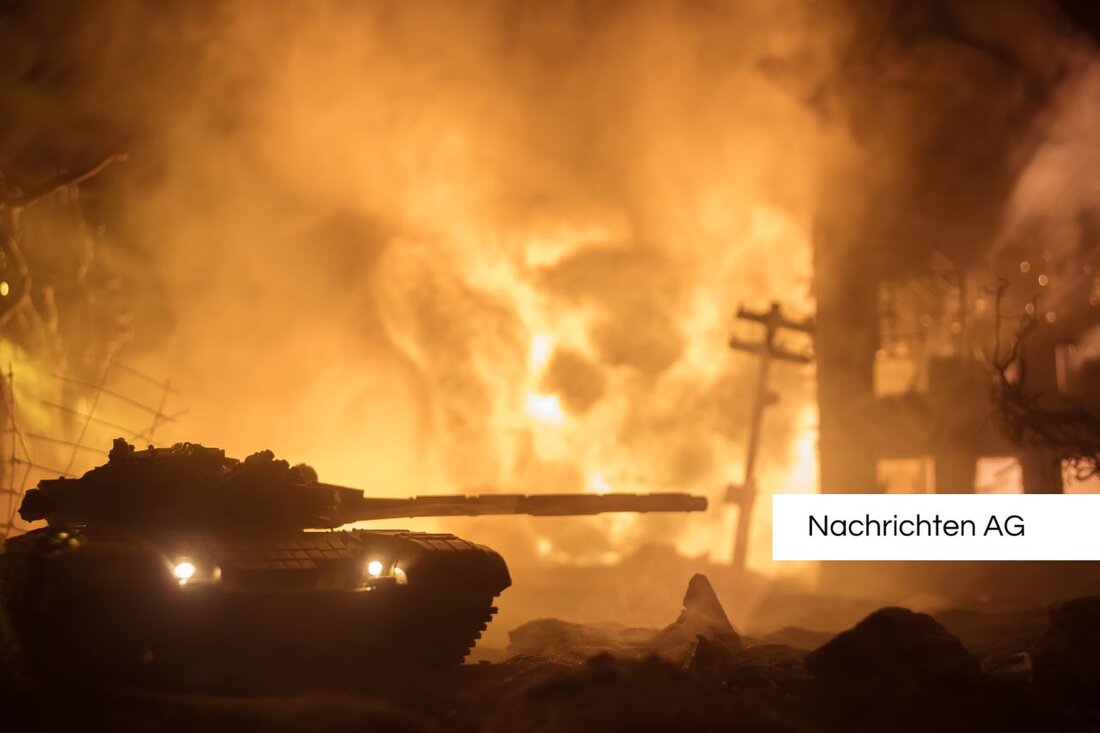Russia's weapons: dependence on western microchips remains critical!
Russia's weapons: dependence on western microchips remains critical!
secret documents from the Russian IT company NPO VS show the worrying dependence on Russia on western microchips, especially US manufacturers such as Intel, AMD and Nvidia. These findings come from the evaluation of around 1.1 million documents that give an insight into the armaments industry in Russia during the Ukraine War. The dependency affects almost all advanced weapons systems, including precision rockets, drones and communication systems. High -ranking military people expressed concerns about this critical dependency, while western sanctions, which were imposed after the invasion of Ukraine in February 2022, further tightened the situation. The fate of the Russian chip industry is therefore closely associated with the geopolitical situation and the sanctions that severely restrict the export of high technology products.
Official Russian customs data illustrate this problem by a dramatic decline in imports. Intel CPU's imports dropped by 95% and 81% of AMD CPUs compared to the previous year. In order to bridge the delivery bottlenecks, Russian companies such as Lotos Group and Rikor report rising processor deliveries, which indicates circumvention strategies in international markets. Nevertheless, chips from Chinese production are not acceptable as a possible alternative, since they represent a dependency on a "potential enemy".
technological deficit and challenges
The Russian armaments industry depends heavily on the western semiconductor technology, with a dossier from March 2022 pointing out that Russia lags behind in chip technology for at least ten years. At the moment, the country can only produce chips with a structural width of 130 Nm in large numbers, which corresponds to the 2001 status. Initiatives to build their own production capacities are faced with considerable technological and financial challenges. A lack of specialized machines, especially modern lithograph systems, also makes this process more difficult.
Indian companies exported AMD and Nvidia processors worth $ 434 million to Russia. Countries such as Turkey, the United Arab Emirates and Kazakhstan have established themselves as transit points for the export of semiconductors. Despite these circumvention strategies, the establishment of a competitive semiconductor production in Russia remains a major challenge. The currently available chips such as Elbrus and Baikal are technologically inferior, and even chips that were developed in Russia were mainly produced in Taiwan before the Ukraine War, such as [Vol.at] (https://www.vol.at/putin-hip-chip-chip-problem-armee- von-west-abhaengig/9444806) reported.
long -term problems and strategic effects
The western sanctions aimed at the chip sector can already be felt and could affect the performance of the Russian armed forces in the long term. Until 2027, Russia is planning to set up 28 nm mass production and a 14 nm production by 2030. Nevertheless, the Russian semiconductor industry will probably continue to suffer from a significant technological deficit. In OECD countries, local production is 70-80% of the domestic need, while this share has fallen to around 12% in Russia. In 2016, 80% of IT products in Russia came from abroad, and since 2014 chip production has been falling constant due to western sanctions.
A new technology park in Uljanowsk started in January 2023 to boost semiconductor production. Despite these efforts, the reality remains that the challenge of creating a suitable environment and effective supply chains for semiconductor production is still considerable. The Russian armaments industry is particularly dependent on western microchips, especially for weapon systems such as the drone "Orlan-10" and rocket systems such as "Iskander" and "Kalibr". In the long term, a serious examination of the technological deficits and the dependence on western semiconductor technology can be expected, as well as the [BPB] (https://www.bpb.de/themen/europa/russland-analysen/nr-43868/analysis-die-sankauen-machen-memerkbar-truebe-fuer-die-chip industrie/) describes.
In summary, it remains to be seen that the dependence on western semiconductor technology and the structural weaknesses of the Russian chip industry will represent significant challenges for the strategic and military future of the country. The uncertainties in the international context and the geopolitical tensions could further increase the pressure on Russian technology.| Details | |
|---|---|
| Ort | Uljanowsk, Russland |
| Quellen | |


Kommentare (0)